Young ones learn in a playful environment better. They learn things from their parents and the surroundings in their initial stages. Many parents still wonder what is early childhood education? Or How important is early education for their children?
Singing, playing in sand, piling blocks, painting are a few among many activities that aid in a child’s overall development. Parents often overlook these and focus on their child’s academics from a very early age.
Understanding What is Early Childhood Education
Life experience of children till 8 years of age is considered as early childhood. During this entire phase their brain is highly active, curious and they learn things from their surroundings quickly. In order to make a child’s life easier and make them ready for life experiences, parents need to introduce early education.
Early childhood education, abbreviated as ECE, has a varied range of activities that helps children in improving their cognitive and social skills. A set of these include the activities that help children academically. While another helps them in becoming emotionally prepared. Despite being named as “play time activities”, ECE still stands for its purpose and plays a significant role in every child’s early years of life.
Purpose of Early Education
The main purpose of early childhood education is to help children develop emotional, cognitive and social skills. This will turn them into becoming lifetime learners. The most important skills that the young ones need to learn are –
- Language: Language serves as the foundation for acquiring literacy skills. As children learn to communicate, their enthusiasm for books and reading grows.
- Critical Thinking: Children engage with mathematical concepts and enhance their problem-solving abilities.
- Willpower: This relates to the capacity to express and regulate emotions in suitable manners.
- Self-confidence: When children perceive themselves as capable and have faith in their abilities, they are more inclined to embrace new challenges.
Importance of Early Childhood Education
The brain of a newborn baby is approximately one-fourth the size of an adult brain and will undergo 90 percent of its growth by the age of five. During this period, the brain is forming millions of synapses every second. High-quality early childhood education (ECE) programs will have a positive and lasting impact on the lives of children.
Children who participate in ECE programs are less likely to
- repeat a grade
- require special education services
and are more likely to
- graduate from high school
- have higher earnings in the workforce.
- academically prepared for later grades
What does ECE Include?
Childhood education programs are dynamic, challenging, enriching, and carefully planned
- Small class sessions with sufficient learning time and low student to teacher ratios.
- Engaging and interactive classes by well-trained teachers.
- Curriculum that includes research-based, developmentally appropriate early learning modules.
- Assessments that look at children’s academic, social-emotional, and physical progress.
- Support for teachers that includes coaching and mentoring.
- Meaningful family engagement
Education Beyond Early Years
An effective early childhood education program seamlessly transitions between each year of the program and into upper elementary to maintain and enhance a child’s developmental advantages. It is crucial for the ECE program to be internally cohesive and linked to the next phase of a child’s educational journey.
Many ECE programs serve children from ages 3-5, but not all continue the framework beyond kindergarten, which can lead to a disruption in the child’s educational progress. Therefore, selecting an early childhood education program must involve both the core aspects of the program and the educational opportunities available as the child progresses through different grades of school.
When evaluating grades post kindergarten, it is essential to look for a program that maintains activities like inquiry-based learning, outdoor learning, and play-based learning, with a strong emphasis on social and emotional development. This will help to build upon the foundation established in pre-Kindergarten and Kindergarten classes.
The curriculum should strike a balance between developing students’ skills in subjects like reading, writing, math, and science, while still allowing them to learn through play, creativity, and reflection. Sharing their learning with teachers and peers through various forms of expression.
Enrolling your child in early childhood education can lead to lasting advantages. At Mother’s Pet Kindergarten, we value the significance of cultivating young minds right from the start. Our school acknowledges the distinct strengths that each teacher has and provides guidance to help them effectively support the overall development of every child.
We firmly believe in providing a fun and interactive learning environment where children can flourish. Through our thoughtfully crafted curriculum, each child engages in playful learning and enhances their social, emotional, and cognitive abilities. Our committed teachers strive to establish a supportive environment that promotes growth in all aspects, ensuring that every child can achieve their maximum potential.
For more information, visit Mother’s Pet Kindergarten’s website.
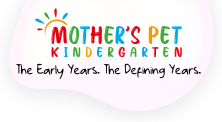
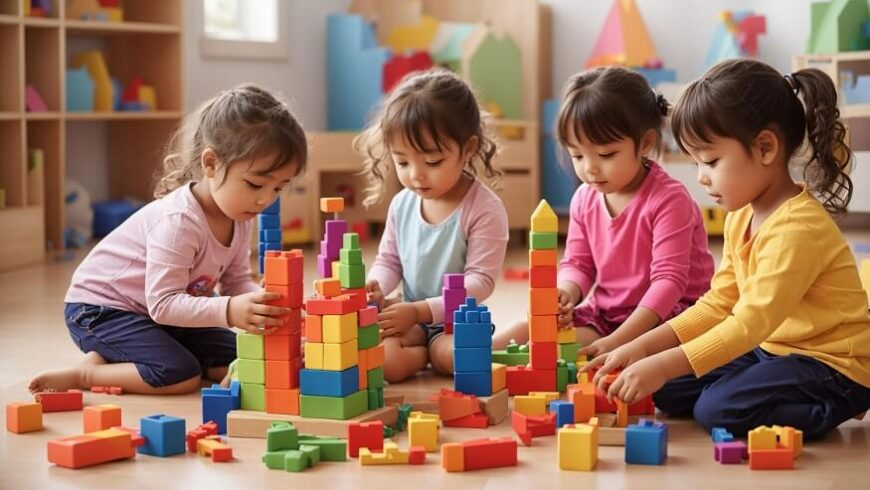
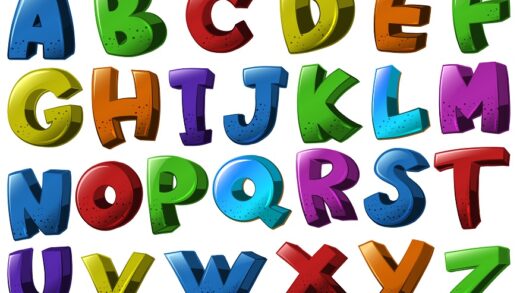

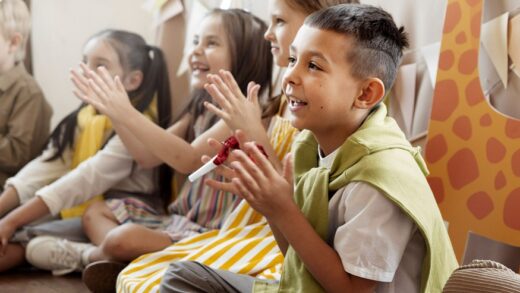
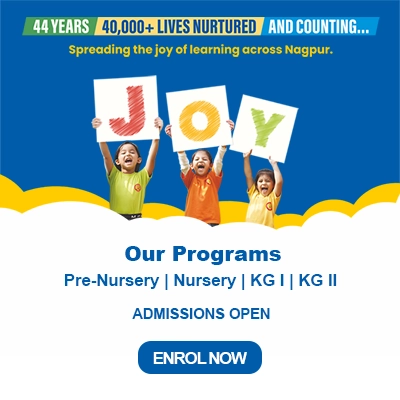
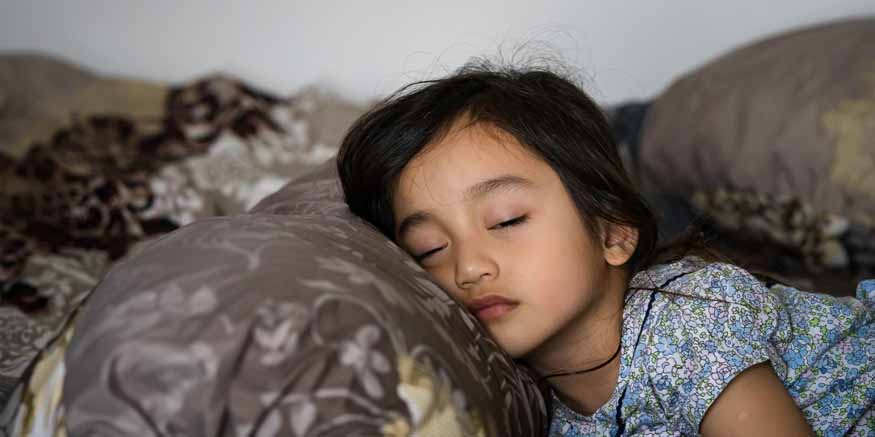
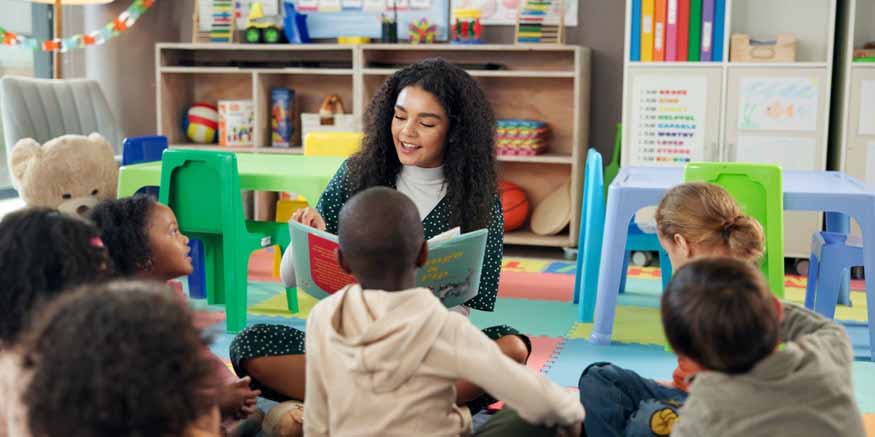
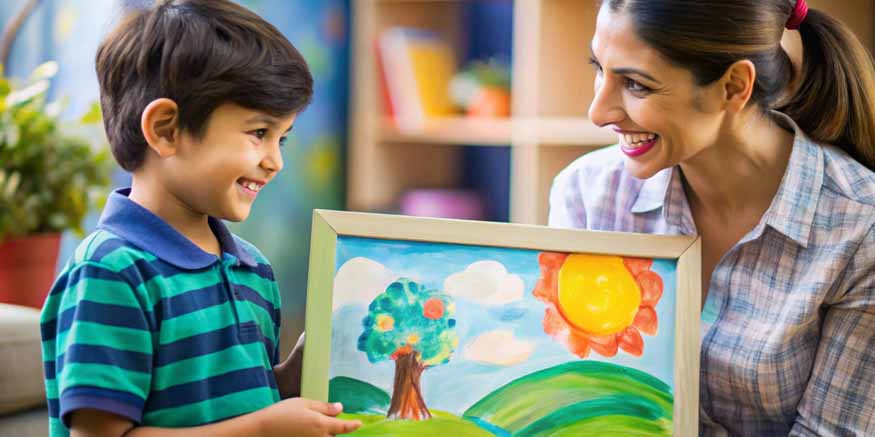
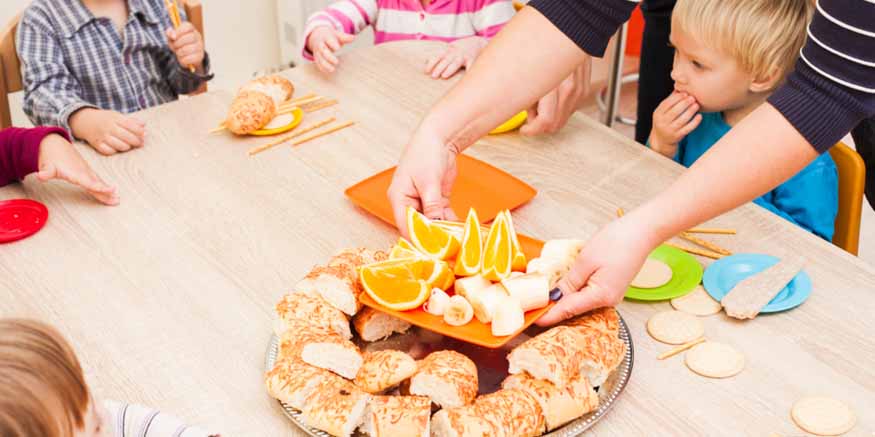

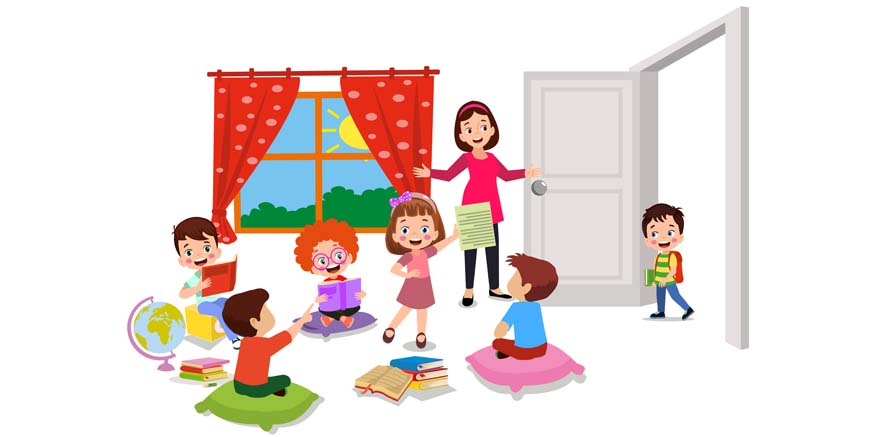

Recent Comments